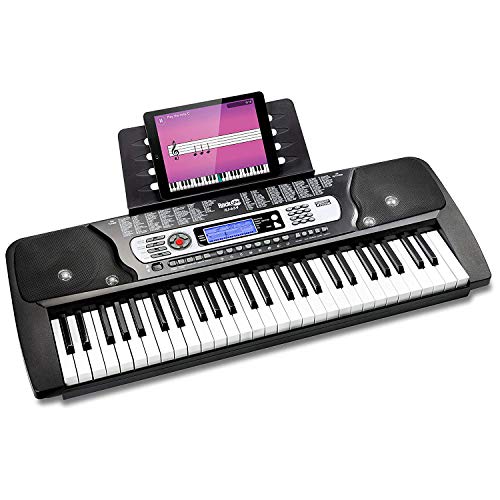Establish a consistent practice schedule
One of the most important tips for practicing piano effectively is to establish a consistent practice schedule. This means setting aside a specific time each day, or several times a week, dedicated solely to practicing the piano. By doing this, you create a routine that helps train your brain and muscles to become familiar with the instrument and improves your ability to learn and retain new skills.
Warm up before each practice session
Before diving into practicing new pieces or techniques, it is essential to warm up your hands and fingers. Warming up helps to prevent injury and increases flexibility and dexterity, making it easier to execute challenging passages. Start with some simple exercises, such as scales or finger exercises, gradually increasing the difficulty as your muscles loosen up. Take your time to focus on accuracy and proper technique during the warm-up phase.
Break down pieces into smaller sections
When learning a new piece, it can be overwhelming to tackle it all at once. To practice effectively, break the piece down into smaller sections or phrases. Work on perfecting each section individually before putting them together. Go through each section slowly, paying attention to note accuracy and musical expression. Once you have mastered each section, gradually start playing them in sequence until the entire piece flows smoothly.
Practice with a metronome
A metronome is a valuable tool for improving rhythm and timing. Set the metronome at a slow tempo and play along with it, paying careful attention to staying in sync. As you become comfortable, gradually increase the tempo. Practicing with a metronome helps develop a sense of steady tempo and improves your ability to play with other musicians. It also helps identify areas where you may be rushing or dragging, allowing you to focus on those sections and make necessary improvements.
Focus on problem areas
When practicing, it’s important to identify and address specific problem areas. These might be challenging passages, difficult hand movements, or sections that require additional technical skill. Instead of simply playing through the entire piece repeatedly, spend extra time working on these problem areas. Utilize various techniques, such as playing at a slower tempo, isolating specific notes, or breaking down complex rhythms, to improve your proficiency in these challenging sections.






